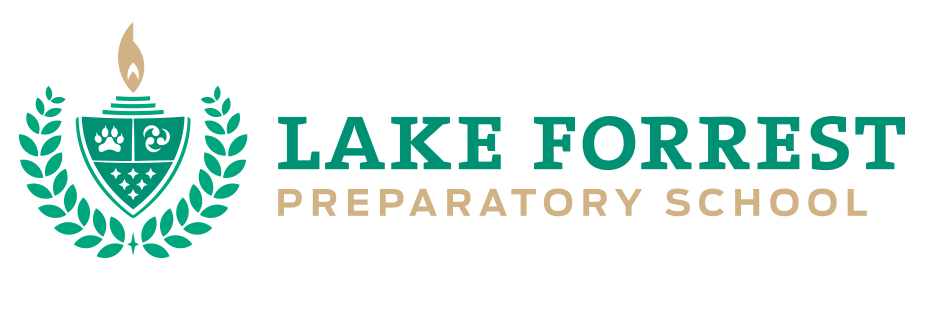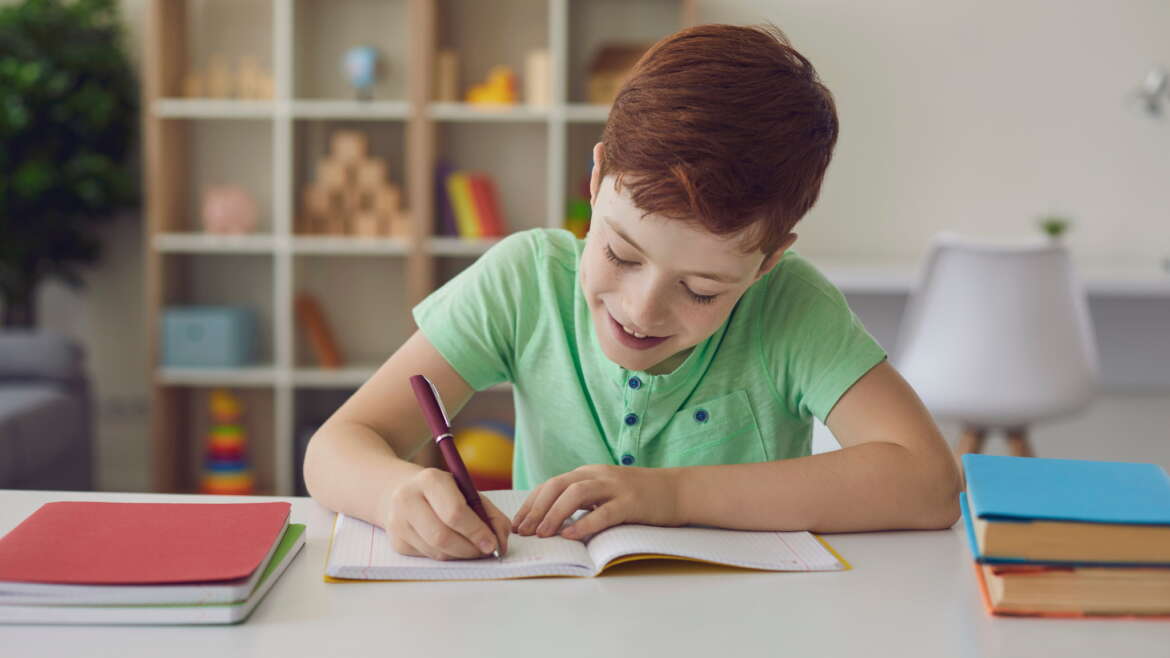Studying is more than reading textbooks and skimming notes; it’s an intentional process meant to help students gain a deeper understanding of what they’re learning in class. Studying doesn’t have to be saved for right before a test. Studying can take place in students’ daily routines. Here are six study habits students can practice for a successful school year:
Carve Out Time
Besides the obvious supplies like textbooks, paper and pens, time is one of the most valuable study tools. Take a look at your child’s schedule and see where study time naturally fits in. Maybe it’s for a few minutes in the morning after they’ve eaten breakfast, or maybe it’s after school between their extracurricular activities. Some children are more refreshed in the morning right after a good night’s rest, while other children’s energy is more balanced after school. Consider your child’s schedule and preferences when helping them determine the best time to study. Making study time part of their daily routine helps them develop it into a healthy habit.
Have a Dedicated Study Space
In order to study effectively, children need to be able to focus. One way to help them is to create a dedicated study space, free of distractions. This can be in a corner of their bedroom or another quiet area of the home. Set them up with a table, a comfortable chair and the necessary supplies. The fewer times they need to get up and grab something, the less likely they are to become distracted. Invite your child to help you create their study space, encouraging them to put up a couple of decorations to make it a place they want to spend their time.
Study in Small Chunks
Many students are tempted to cram or study for long periods, especially before a test. But studying for excessive amounts of time with no breaks has adverse effects. Instead of understanding the material better, students become burnt out and less focused, impacting their ability to retain information.
Instead of long study sessions, aim for short, productive ones repeated over the course of the week. Studying in small chunks allows children to focus better and digest the material, leading to improved comprehension and retention. Along with spacing out study sessions, encourage your child to take quick breaks to have a snack or drink some water. This helps them stay fresh and able to concentrate.
Take Strong Notes
In simple terms, strong notes equal strong study time. Many students try to transcribe every word their teacher says instead of focusing on key information. This often leaves notes disjointed and incomplete. Challenge your child to rethink how they take notes by encouraging them to hone in on the most important ideas, and then jot down their thoughts and questions as they pop up. This way, instead of trying to copy down everything the teacher is saying, they’re actively engaging with the material. When they revisit their notes later, it will be easier for them to study, since their notes will be complete and filled with the most important concepts.
Take Practice Tests
Practice tests are a great way for students to practice what they’ve been studying. It also gives them an understanding of which concepts they’re grasping and which ones they need to spend a little more time on. Instead of focusing on perfection, encourage them to view answers they get wrong as opportunities to improve their comprehension. Parents can help by creating practice tests based on their child’s notes and textbook or by asking teachers for study resources. There are also plenty of online resources for students that cover a variety of subjects. It’s worth checking them out to see if there are any practice tests available.
Use Different Study Methods and Tools
Studying doesn’t have to mean rereading notes and textbook passages over and over. It can involve using tools like flashcards, visuals and videos to better understand and remember the material. It can also involve getting creative and making posters, drawing illustrations or writing summaries. Engaging with the material in multiple creative ways strengthens retention. Studying with a partner or a group can also be beneficial. Often, students are more productive during their study sessions if they study with others. This can be friends, classmates or even family members.
No matter where your child is in the school year or what concepts they’re learning, these study habits will set them up for a strong academic future. Lake Forrest Prep is an Orlando preparatory school that takes a holistic approach to education, supporting students’ academic success and personal growth. We’re dedicated to helping our students develop into honest, empathetic individuals who contribute positively to society. Contact us online or call us at (407) 331-5144 to join the Lake Forrest Prep family!


